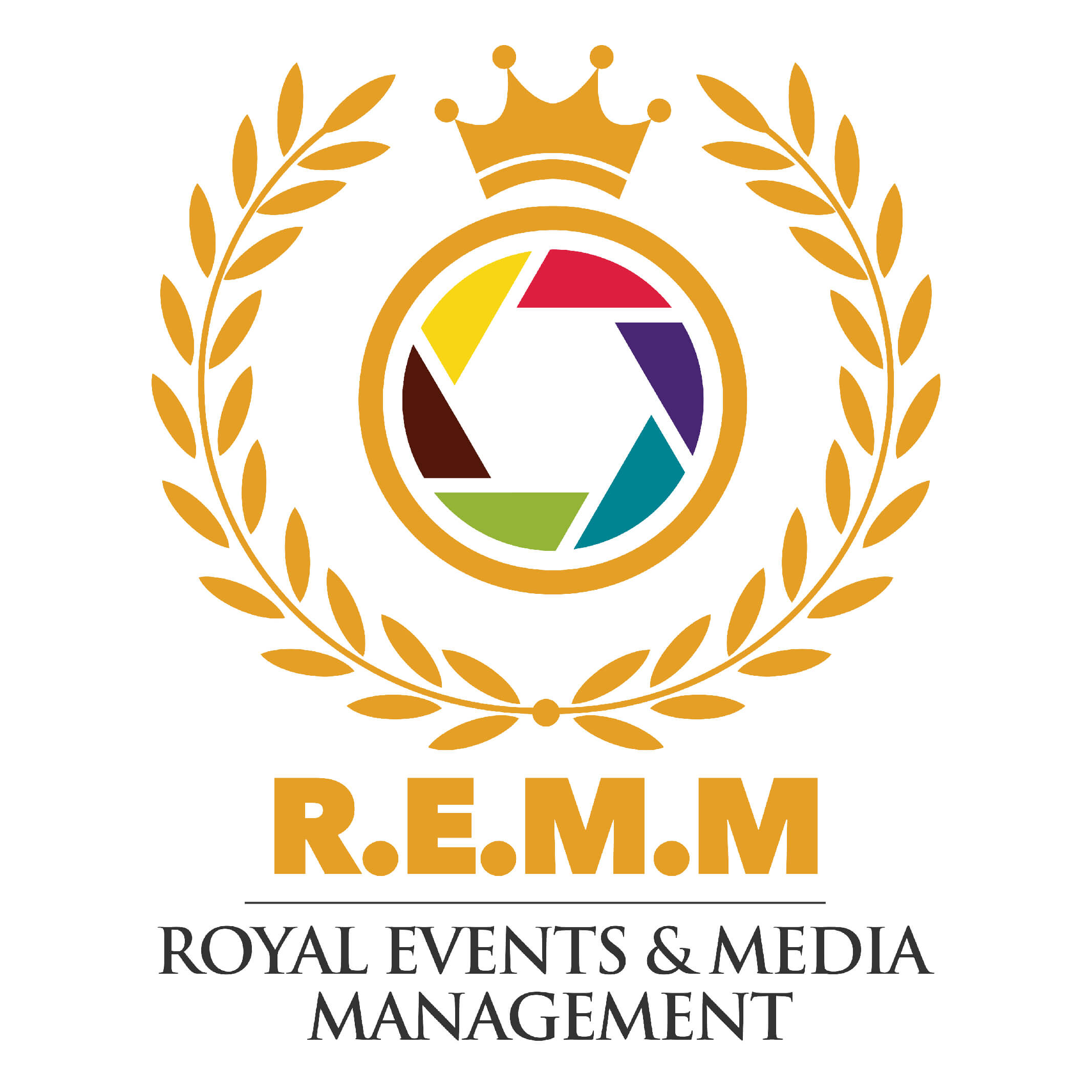Event planning can be a daunting task, but with the right timeline and organization, it can be a breeze. Whether you’re coordinating a corporate conference, wedding, or community event, having a clear step-by-step guide can make all the difference. In this blog post, we’ll outline a comprehensive event planning timeline to help coordinators stay on track and ensure a successful event from start to finish.
Step 1: Define Your Objectives and Budget
Before diving into the details, it’s crucial to establish the objectives of your event and set a realistic budget. Determine the purpose of the event, target audience, and desired outcomes. This will guide your planning process and help you make informed decisions along the way.
Step 2: Create a Planning Committee
Assemble a team of dedicated individuals to assist you in the planning process. Assign roles and responsibilities based on each person’s strengths and expertise. Communication is key, so schedule regular meetings to discuss progress, address challenges, and make necessary adjustments.
Step 3: Choose a Date and Venue
Selecting the right date and venue is essential for the success of your event. Consider factors such as availability, capacity, location, and amenities. Be sure to visit potential venues in person to assess suitability and negotiate pricing and contracts.
Step 4: Develop a Timeline and Checklist
Create a detailed timeline and checklist outlining all tasks and deadlines leading up to the event. Break down the planning process into manageable steps, such as securing vendors, promoting the event, and coordinating logistics. Set reminders and deadlines to stay on track and avoid last-minute stress.
Step 5: Secure Vendors and Services
Identify and book vendors and services needed for the event, such as catering, entertainment, audiovisual equipment, and transportation. Obtain quotes, review contracts carefully, and confirm details to ensure everything runs smoothly on the day of the event.
Step 6: Promote the Event
Implement a comprehensive marketing and promotional strategy to generate buzz and attract attendees. Utilize various channels such as social media, email newsletters, press releases, and partnerships with relevant organizations. Monitor engagement and adjust tactics as needed to maximize visibility and attendance.
Step 7: Finalize Details and Logistics
As the event date approaches, finalize all details and logistics to ensure everything is in place. Coordinate with vendors, confirm schedules, and conduct a final walkthrough of the venue. Prepare contingency plans for any unforeseen circumstances and communicate with staff and volunteers to ensure everyone is aligned.
Step 8: Execute the Event
On the day of the event, put your plan into action and oversee the execution of all aspects, from setup to teardown. Stay organized, remain flexible, and address any issues or changes promptly. Keep lines of communication open with your team and vendors to troubleshoot any issues that may arise.
Step 9: Evaluate and Reflect
After the event, take the time to evaluate its success and gather feedback from attendees, vendors, and stakeholders. Identify strengths and areas for improvement to inform future events. Celebrate accomplishments and acknowledge the hard work of everyone involved in making the event a success.
Planning an event requires careful coordination, attention to detail, and effective communication. By following this step-by-step event planning guide, coordinators can streamline the planning process and ensure a memorable and successful event for all involved.
Keywords: event planning, timeline, event coordinator, objectives, event budget, event venue, event checklist, event vendors, event marketing, event promotion, event logistics, event execution, event evaluation, event reflection.
